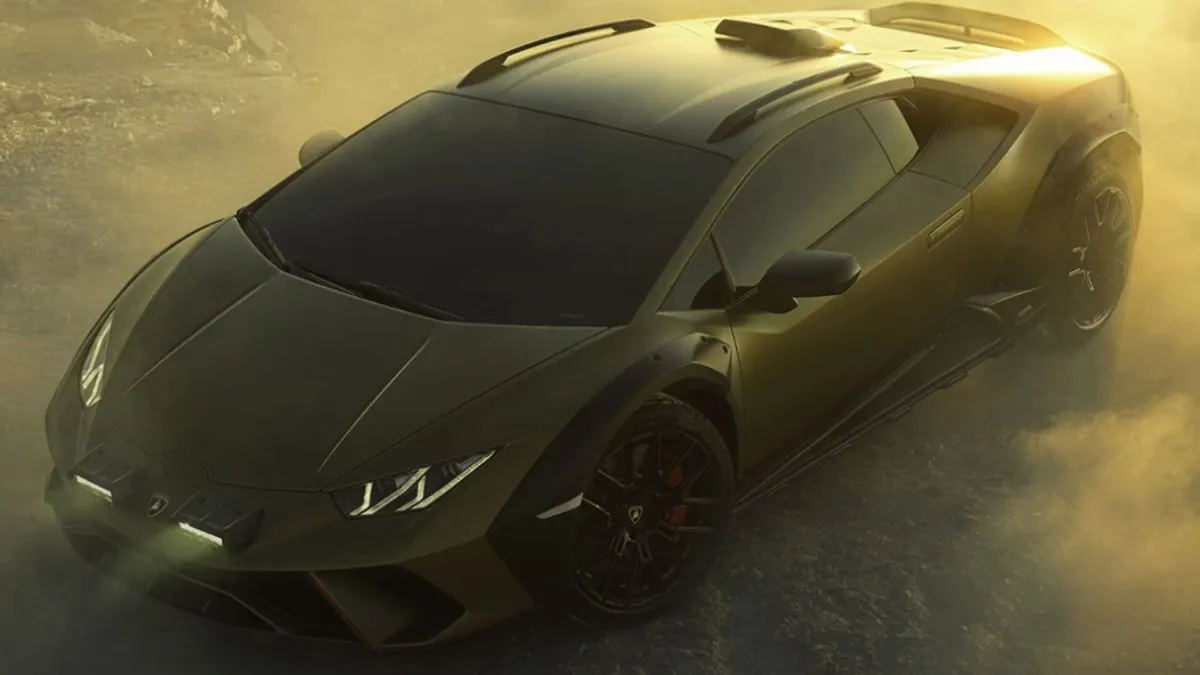- By Divanshi Sharma
- Thu, 09 May 2024 11:18 AM (IST)
- Source:JND
Lamborghini Huracan Successor: Lamborghini’s V10 engine powered supercars are known to be their core offerings. However, ever since Volkswagen Group took over, Lamborghini has been focussing towards hybrid-powered supercars. Lamborghini Huracan, their last V10 model that was launched in 2014, has been incredibly popular, often selling out despite production continuing. Lamborghini recently unveiled the Huracan STJ that marked the end of the era of V10 cars for the Italian manufacturer.
According to media reports, In their Q1 2024 results, Lamborghini hinted at a new hybrid-powered supercar arriving in August to replace the Huracan. Unlike before, this car will feature a plug-in hybrid system built around a new V8 engine developed in-house, rather than borrowing from other VW Group brands.
This move is part of a broader effort by VW Group to downsize engines and meet stricter emission standards. While the iconic 5.2-litre FSI engine will be retired, the new hybrid powertrain promises added capabilities like active torque vectoring, thanks to the electric motor. Rumours suggest that the turbochargers on the V8 engine may only kick in at higher RPMs, with an impressive 10,000 RPM redline and an eight-speed dual-clutch automatic transmission.
The new model, expected to be named "Temerario," will continue Lamborghini's tradition of fierce bull-inspired names. This change reflects Lamborghini's commitment to electrification, with the Revuelto (a V-12 plug-in hybrid) and the Urus SE (replacing previous V8 models) already in the lineup. Looking ahead, Lamborghini plans to introduce its first-ever EV, the Lanzador, by 2028, followed by a fully electric second-generation Urus in 2029. The Revuelto will also continue until the early 2030s.
